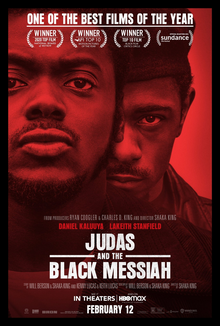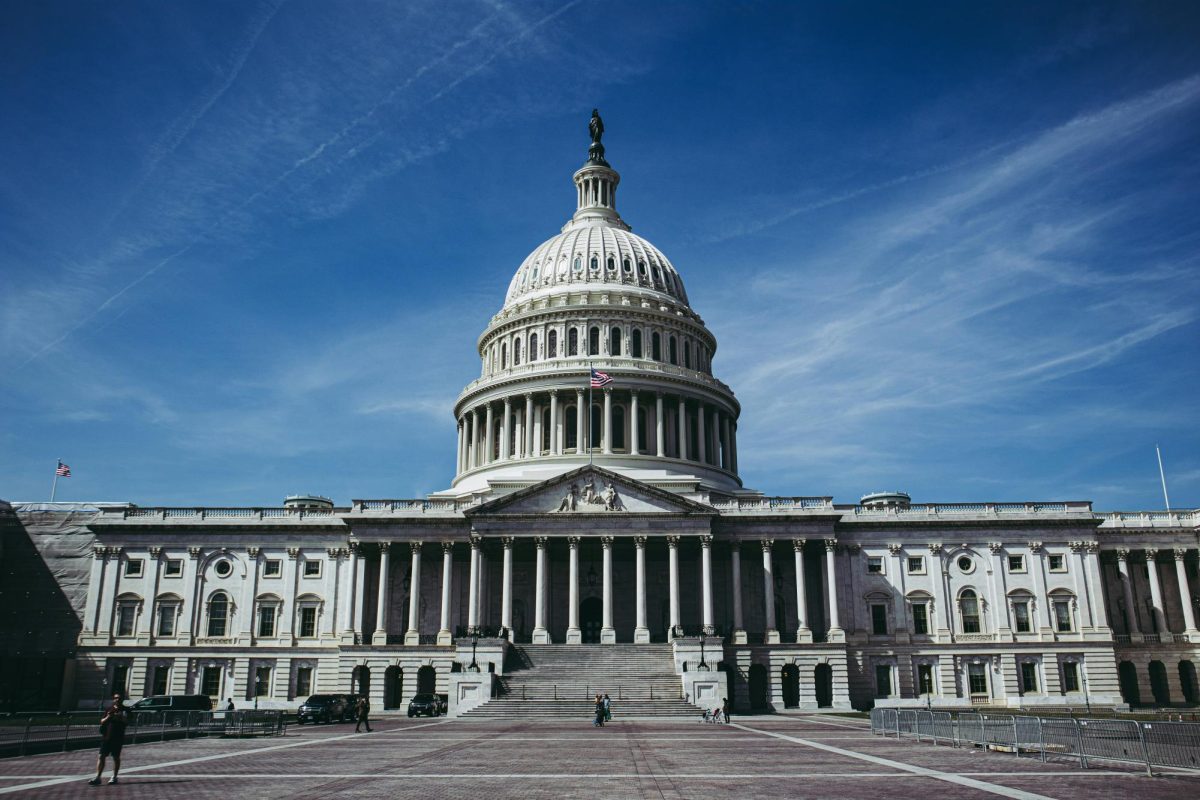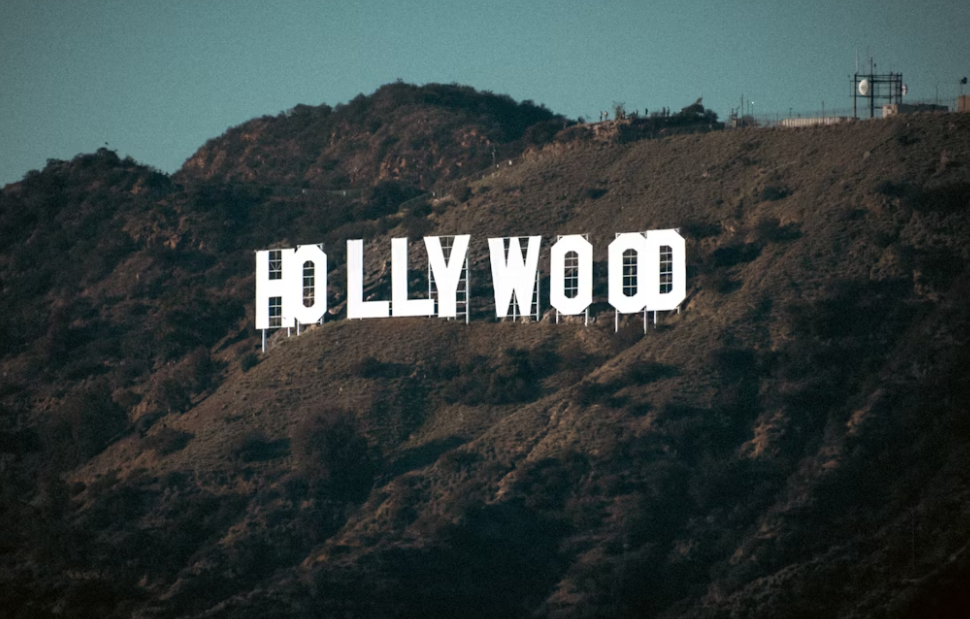“Judas and the Black Messiah” is a Story for the People
Shaka King’s New Film Highlights The Legacy of Fred Hampton

Photo credit by Warner Brothers and @judasandtheblackmessiah instagram page.
February 19, 2021
“I am a revolutionary.” – Fred Hampton
The word revolution can sometimes invoke fear or apprehension. The term has a determination to it as it is a term that makes a promise to execute some form of change whether it be radical or minimal. The Black Panther Party is closely associated with revolution and thus deemed as a threat by the FBI back in the 1960s. However, revolution does not always spill blood and the Black Panthers were only threats to a system that needed to be threatened. Actually, in some eyes, the Black Panthers were a part of the solution whether it be in their ideology, their programs, or rhetoric. The newly released film Judas and the Black Messiah (2021) shows another side of the Black Panthers while closely following the story and assassination of Fred Hampton.
Known as an eloquent speaker and a fierce activist, Chairman Fred Hampton was the leader of the Illinois chapter of the Black Panther Party. During this time, he arranged local community programs in the Chicago area such as free breakfasts for the children and health clinics for the locals. Hampton is often known for fighting not only for the liberation of black people but also for other underrepresented groups. He helped found the Rainbow Coalition, a multicultural movement of various grassroot organizations who stood together against common issues that oppressed their communities.
This is in no means an article of spoilers but rather an argument of sorts to convince whoever is reading to get up and watch the movie. While the film may instill or deepen distrust in the government, at least it allows one to be more aware of the entire story behind the Black Panthers. They were revolutionaries, not terrorists. They were protectors, not killers. In the grand scheme of the Civil Rights Movement and a continuous era where black people could be lynched for simply looking in the wrong direction, this movie deserves to be seen. As Toni Morrison puts it, it’s “not a story to pass on”.
Despite being biased on a number of levels, Judas and the Black Messiah does more than just explore well-known topics of police brutality and racism in the 1960s. The film peels back a layer of government-written misinformation to reveal a small gem of innocence beneath. It raises ideas of community and self-survival, betrayal and friendship, perspective and reality. It’s one of those moments that go beyond viewing African American History through the white gaze but rather through the eyes of someone who, arguably, helped create it.












































